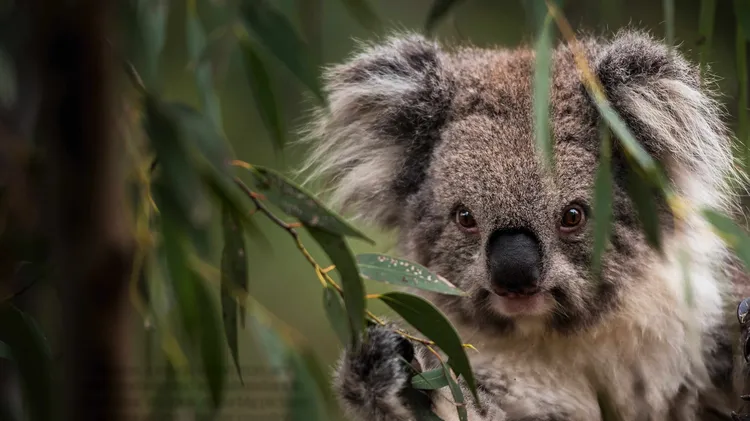Chimpanzee mothers prioritise playtime with their offspring,
The importance of child’s play
1 min read
This article is from...
Read this article and 8000+ more magazines and newspapers on Readly






